[ad_1]
Some things become inherently trickier as a solo traveler visiting a country where English is not widely spoken. Having good language skills definitely helps when traveling, but we are not all blessed with multilingual skills.
Without a friend or companion to lean on for help, and not being able to speak the local language, can make travel and communication a challenge.
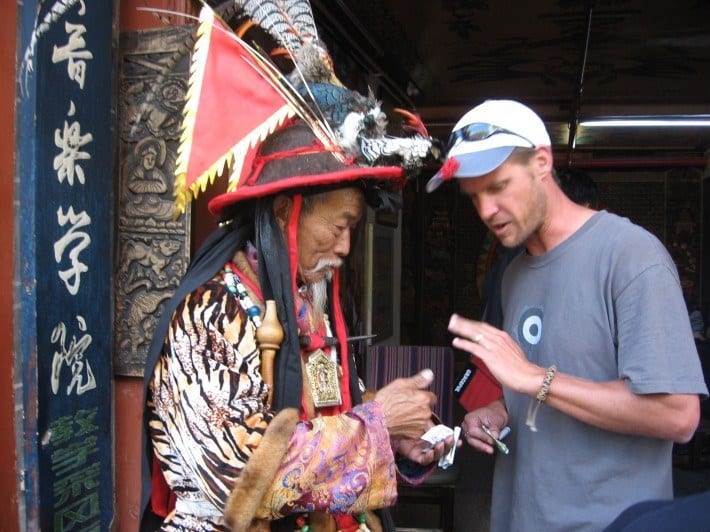
We have all been caught up trying to muddle through a foreign language in a foreign place, and while it’s harder, it’s not impossible.
I’ve been traveling alone to non-English speaking countries for over a decade and I’ve found that as long as you are willing to give it your best shot, effective communication is always possible.
Below I have listed some of my best travel and communication tips so you can find a way to communicate when it gets difficult.
Tips For Better Travel and Communication
Whether you’re traveling alone or in a group, learning how to communicate when you travel is key for a successful time away. Here are some of my top tips to improve your travel and communication skills.
1. Learn common phrases
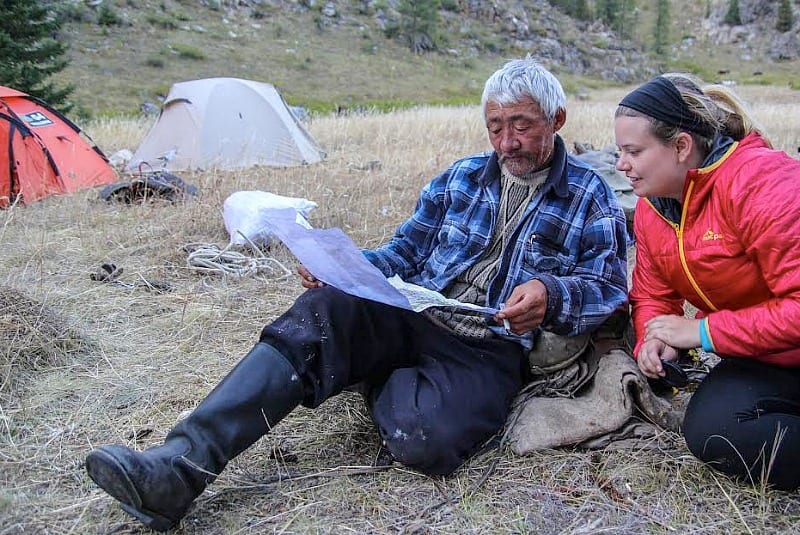
One of my biggest pet peeves are when people assume that everyone in the world should speak and understand English.
I always make sure to learn a few key words and phrases in the local language of wherever I am traveling.
Even if you fail abysmally, I’ve found that the fact that you’ve made an effort to try and speak their language will always work in your favor.
Whenever I meet locals or have the opportunity to interact with new people from where I am visiting, I make a conscious effort to try and learn words from them too.
More often than not they are more than happy to share and teach you a few things. In fact, they even like to learn a little English from you, and you can get into a kind of language exchange which makes for a memorable experience.
This is even possible when neither one of you can understand a word of each other’s language. Just point a lot. And smile.
2. Use language apps and communication devices
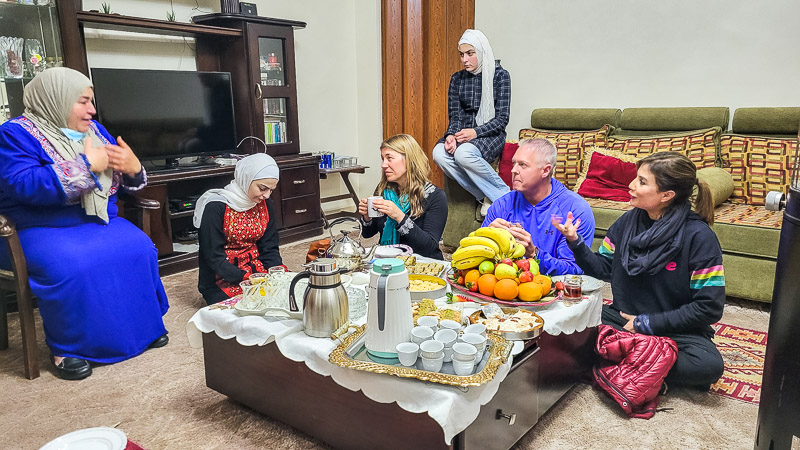
We are also lucky that we are now in a world filled with smartphones and there are plenty of great apps out there to help ease the difficulty of traveling in a foreign language.
I often use Google Translate to quickly get an idea of food or ingredients on a menu or to see what a specific word mean. You can also use it to explain to your waitress or waiter that you have an allergy.
I’ve also had several conversations with people to negotiate prices for tours using Google Translate for translations as a form of real-time communication.
The Lonely Planet Fast Talk App is another good one for phrases in the local languages.
iTranslate is another good translator app and Way Go App is a fun visual app that translates photo text.
3. Visual communication is key
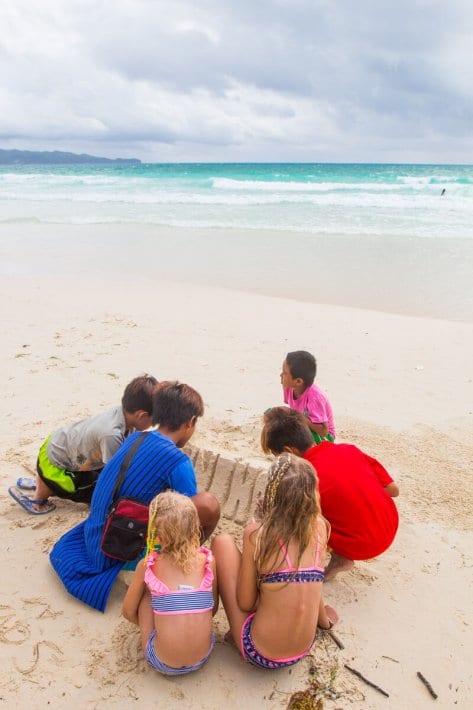
Sometimes when I don’t have data on my phone or am phoneless, I often also use pictures as a way to translate what I am trying to say.
This started because I have a food allergy (peanuts), and while I carry allergy translation cards with me, I don’t like to rely on them or their accuracy, or even if the people I am asking can read, so I carry photos of things on my phone or printed out to show people.
This works really well with food.
4. Have an open mind
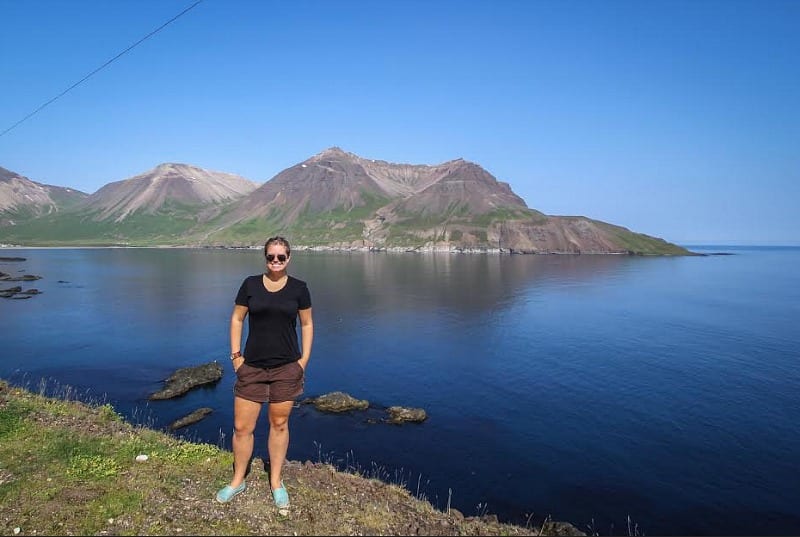
I never show up in a new country without at least learning a few keywords of the local language.
Nowadays we are lucky in the sense that English has become so commonly spoken and understood, making international travel relatively easier for us native speakers.
I think it’s really important to be open-minded about traveling to a non-English speaking destination and also to be open-minded culturally once you are there.
I can tell you all of my favorite countries are non-English speaking and I would have hated to miss out on the chance to fall in love with them simply because I wrote it off being “too challenging” because they don’t speak English.
The same goes for once you arrive. I believe it’s important to break the superiority complex of native English-speaking countries on the road and show respect for the places you are visiting by attempting to converse in their language instead of just assuming they can understand you in English.
Trust me on this one, you will be rewarded for your effort!
5. Use other communication types

Speaking is not the only way to communicate, it’s just the preferred method of communication.
You can also use body language, sign language, and hand signals to help you explain what you need.
Use other apps on your mobile phones, such as maps and google images.
When you need to speak to a taxi driver or bus driver, you can simply show them where you want to go on the map or show them your hotel booking confirmation which will have an address.
While English may not be spoken, often addresses are written using the English alphabet, so showing addresses and written phrases in their own language helps to communicate.
6. Ask a local or fellow travelers to translate for you
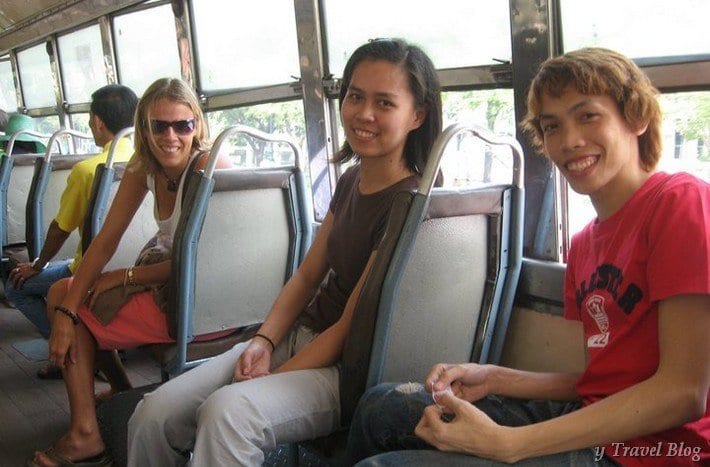
If all else fails, ask someone, whether a local or new friends you’ve met on the road, who speaks both languages to translate for you.
This is usually the best way to communicate if you have to make phone calls, as you cannot use hand gestures and other forms of communication.
Most of the time, locals are willing to help tourists, especially if they can see that they are stuck, so don’t be afraid to ask someone if you know they can speak both languages – just be sure to thank them for their help.
Final Thoughts on Travel and Communication Tips
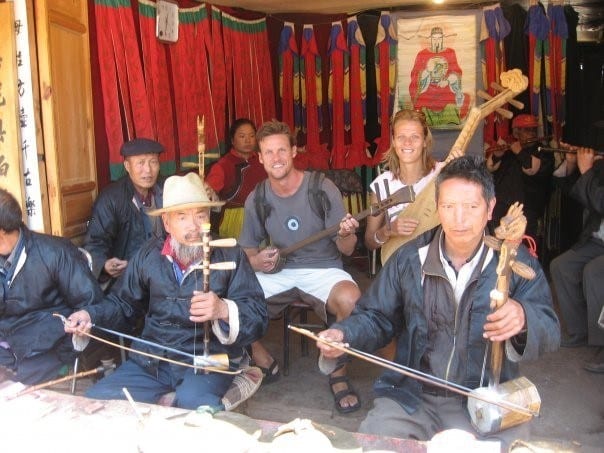
So there you have it, those are some of my top tips for communicating while traveling. Whatever the language difference, or wherever you go, remember that if you show that you are willing to make an effort, people will be more open to helping you.
Remember these tips when you come face to face with language barriers and remember to stay calm.
In most major cities, you will always find someone who speaks your language, but it can be overwhelming going to new places and being in new environments where the majority of people don’t speak your language.
As long as you have Wi-Fi and data plans, you will have access to many resources to help you communicate effectively.
I hope these tips help ease your worries about travel and communication. If you have any other tips you want to share, let us know in the comments.
Save It On Pinterest:
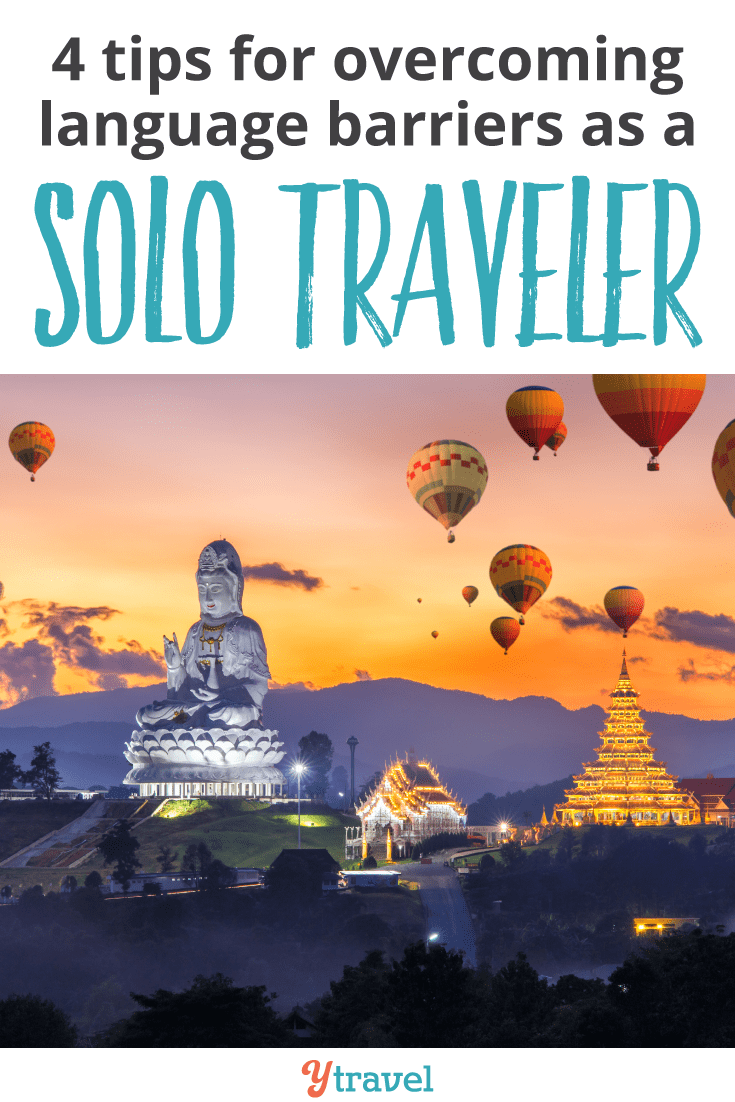
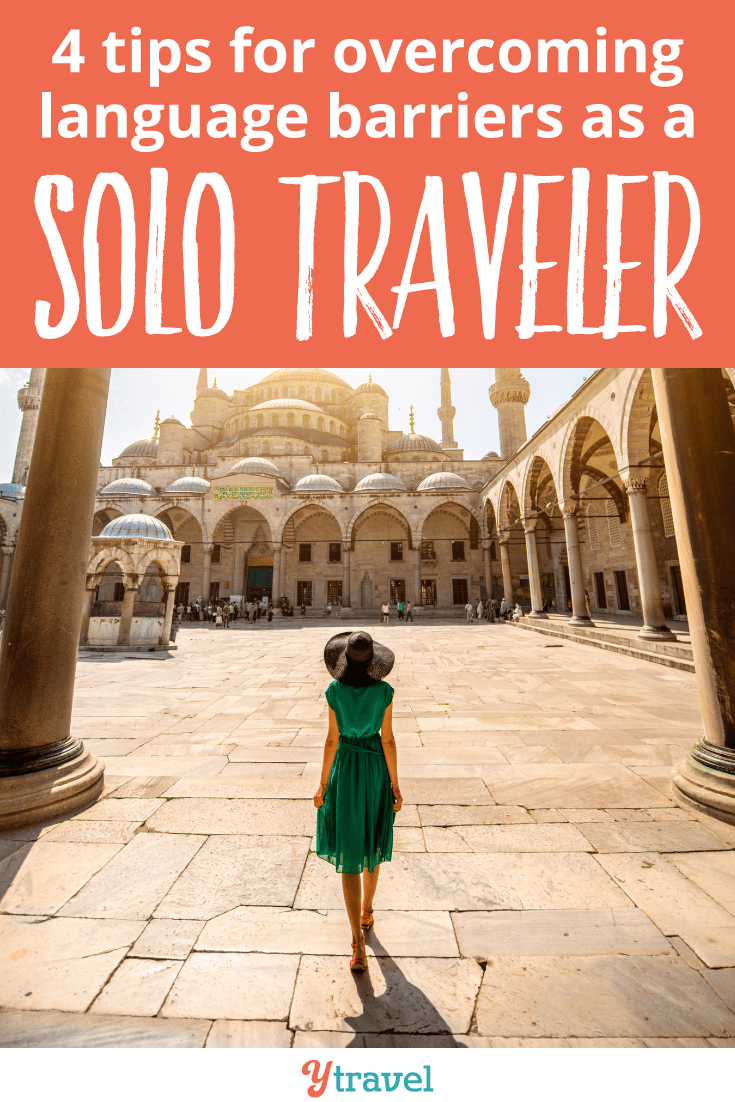
[ad_2]
Source link
